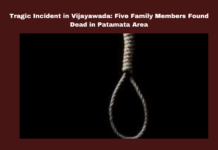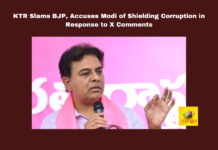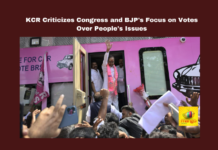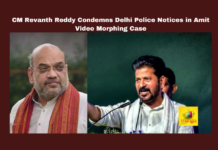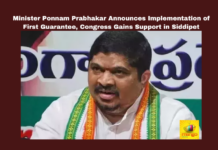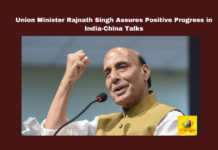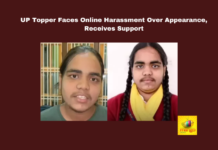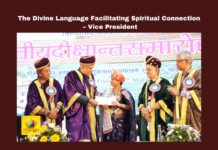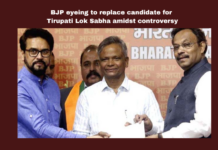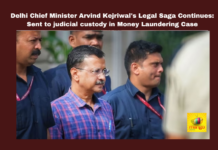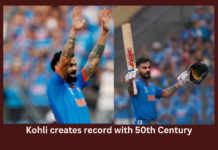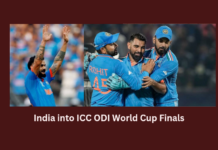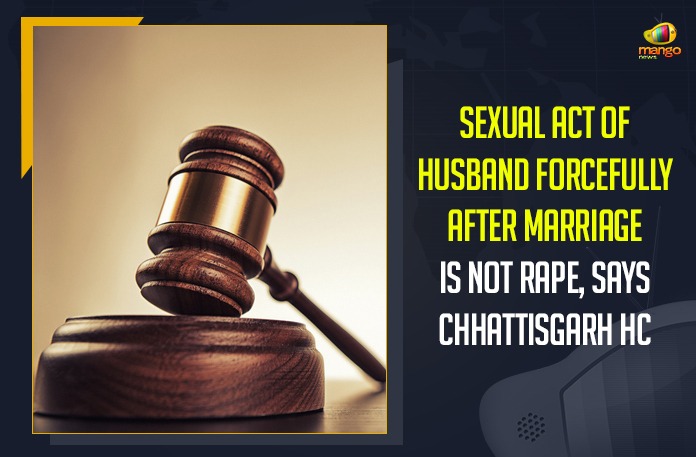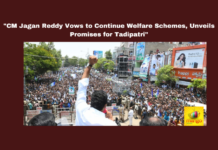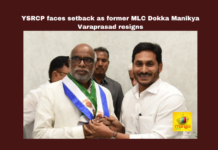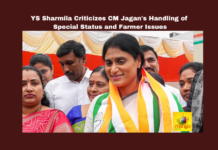The Chhattisgarh High Court (HC) released 37 year-old man from the charge of marital rape, saying that sex with a legally wedded wife is not rape under the Indian Penal Code (IPC).
The court, however, retained the charges against him under section 377 of the IPC for “unnatural sex”.
On the 23rd of August, Chhattisgarh HC Justice N.K. Chandravanshi issued in a revision petition filed by the husband and his family on the charges framed against the man in the trial court, and was made public on 25th of August.
The woman — the two were married in 2017 — lodged a complaint of dowry harassment and rape against the man. She also accused her parents-in-law of dowry harassment.
The police, after a primary investigation submitted a charge sheet under section 498-A (dowry harassment), 377 (unnatural sex), 376 (rape), and 34 (common intention) of the Indian Penal Code (IPC) against the three accused.
After hearing counsel for both parties, a trial court framed charges against the applicants under the sections, the order said. Subsequently, the three accused filed a petition with the high court seeking that the order of the trial court be set aside.
The HC in its order on August 23 discharged the husband from rape charges.
“Counsel for the applicants submits that the complainant and the applicant No. 1 are legally wedded wife and husband, therefore, none of the ingredients to constitute the offence punishable under Sections 376 and 377 of the IPC are spelt out against him, because, in India, marital rape is not recognized and the same is not an offence in view of Exception II of Section 375 of the IPC,” the judge said in his order.
The court said that the IPC makes it clear that sex between a man and his wife, as long as the latter is not under 18, is not rape.
“In this case, complainant is legally weeded wife of applicant No. 1, therefore, sexual intercourse or any sexual act with her by the husband would not constitute an offence of rape, even if it was by force or against her wish. Therefore, charge under Section 376 of the IPC framed against the applicant husband is erroneous and illegal. Hence, he is entitled to be discharged from the charge under Section 376 of the IPC”, the order stated.
A 2013 report submitted by the Justice JS Verma Committee, which was set up after the December 2012 Delhi gang rape, recommended the removal of the marital rape immunity from the IPC but the statute is yet to be amended.
In the past, Indian courts have takendivergent and contradictory views in such cases.
In July 2019, the Delhi high court dismissed a petition urging it to direct the Centre to declare marital rape a ground for divorce.
But earlier this month, the Kerala high court backed marital rape as a valid ground for divorce. A few days later, a sessions court in Maharashtra gave pre-arrest bail to a man while concluding that forcible sex with his wife was not an “illegal thing” though she said it left her paralysed.
In 2017, the Supreme Court declared that “sexual intercourse with a girl below 18 years of age is rape regardless of whether she is married or not”. However, the top court refused to delve into the question of marital rape in this judgment.
On the woman’s allegation of her husband forced her into an unnatural sex act, the court upheld imposition of section 377 of IPC.
The court also upheld the dowry harassment charge framed under section 498-A of the IPC saying the cruelty of the accused has been affirmed through several witnesses.
“The entire order is baffling. On one hand it says that ‘intercourse or any sexual act’ is not punishable with legally wedded wife and on another hand, it upholds the charge of unnatural sex. The legal reasoning of both are contradictory…” said lawyer-activist Sudiep Shrivastava.
The judgement of the Chhattisgarh HC gained criticism from social media users and netizens, demanding to revoke orders.



